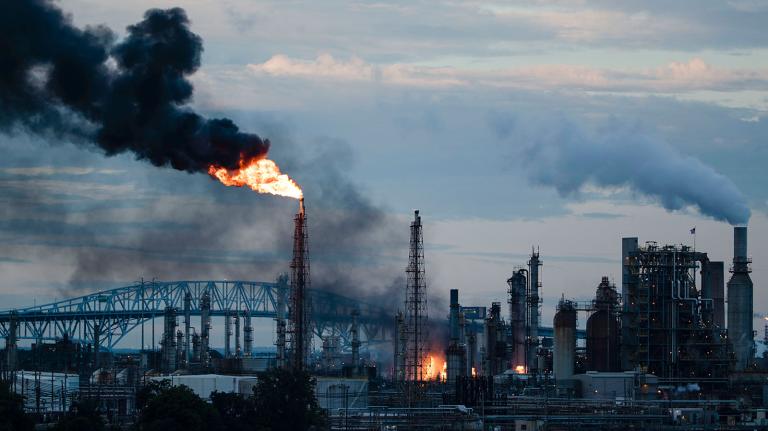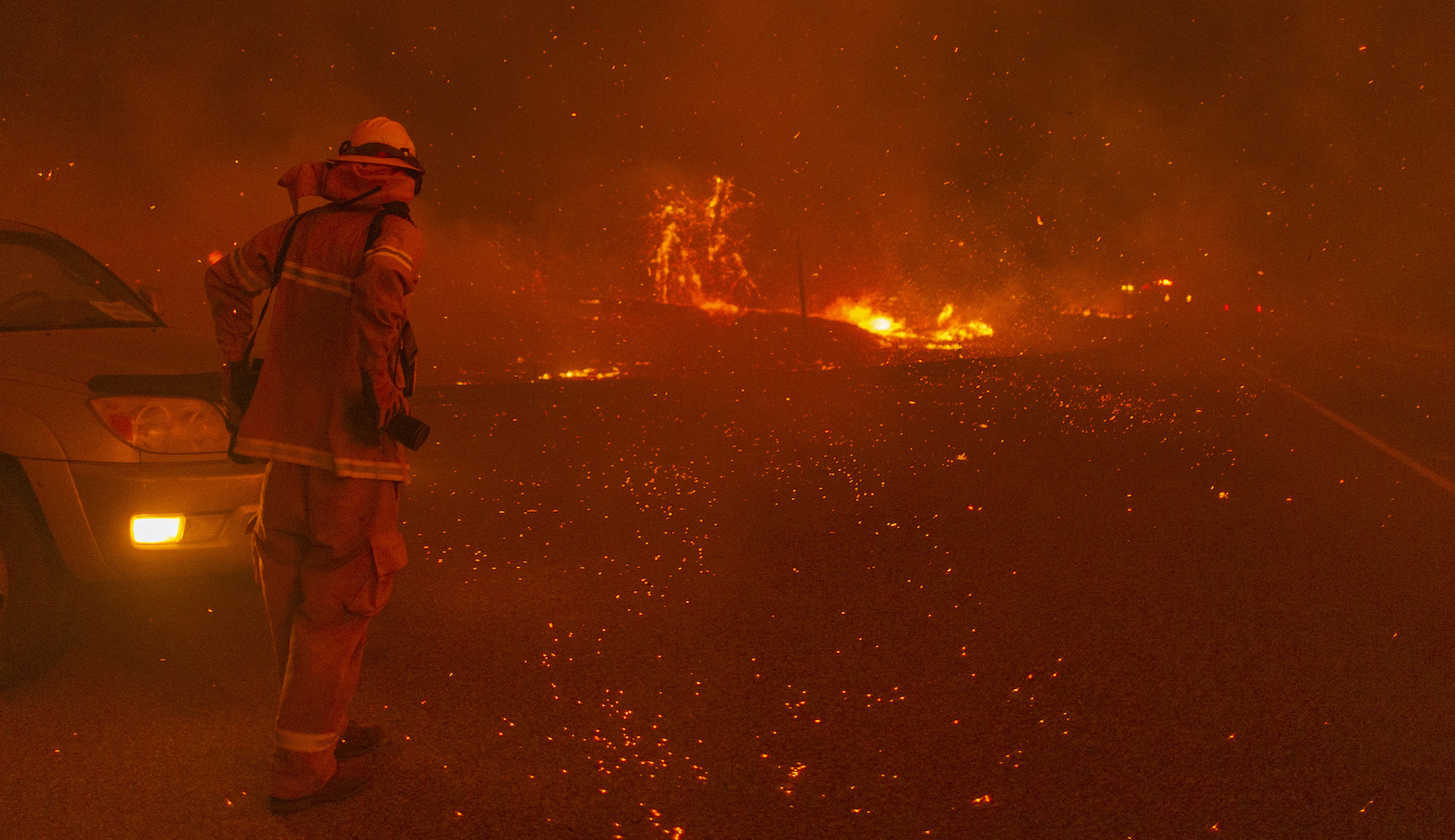As if we didn’t have enough reasons to hate 2020, the United Nations just offered one more. On Wednesday, the U.N. and the World Meteorological organization released a report on the “state of the climate” and — surprise, surprise — it looks bleak. The year from hell is on course to be the third warmest on record, viruses are jumping out of nature to attack us, and the world has already warmed 1.2 degrees Celsius since pre-industrial times.
“To put it simply, the state of the planet is broken,” said U.N. Secretary-General António Guterres, in a speech at Columbia University. “Humanity is waging war on nature.”
The report lays out some of the most devastating — and shocking — effects of climate change over the past year. Heavy rain and flooding overwhelmed large areas of Africa and Asia, searing heat surged across even the coldest regions of the globe (a town in the Arctic circle recorded a temperature of 100.4 degrees in June), and the Atlantic Ocean spawned a record 30 named storms.
And even though humanity pumped slightly less carbon dioxide into the atmosphere this year as a result of the COVID-19 lockdowns, the concentration of greenhouse gases in the atmosphere continues to rise. The report says that the three largest contributors to global warming — carbon dioxide, methane, nitrous oxide — all reached new heights in 2020.
While governments have offered big promises for how they’re going to combat the crisis, those pledges have yet to turn into action to match the scale of the problem. “Climate policies have yet to rise to the challenge,” Guterres said. “Emissions are 62 percent higher now than when international climate negotiations began 1990.”
According to another report released by the U.N. Environment Program and its partners, eight of the largest producers of fossil fuels (including the United States, Australia, India, and China) are planning to increase their production of coal, oil, and gas by 2 percent annually. That’s despite the fact that fossil fuel production needs to fall by 6 percent per year over the next decade to keep warming below 1.5 degrees Celsius.
Those eight countries account for 60 percent of the world’s overall fossil fuel supply, and if they follow through on their energy plans — most of which were in place before the pandemic — we can kiss the 1.5-degree goal goodbye. The report also shows that, despite widespread calls for recovery from the coronavirus pandemic to be “green,” the world’s richest countries (the G20) have committed much more stimulus money to producing and consuming fossil fuels ($233 billion) than to boosting green energy ($146 billion).
The numbers paint a dark picture, but the situation isn’t hopeless. Guterres said that countries need to start backing their promises with action before the next major climate meeting in Glasgow a year from now. “Every tenth of a degree of warming matters,” he said.




